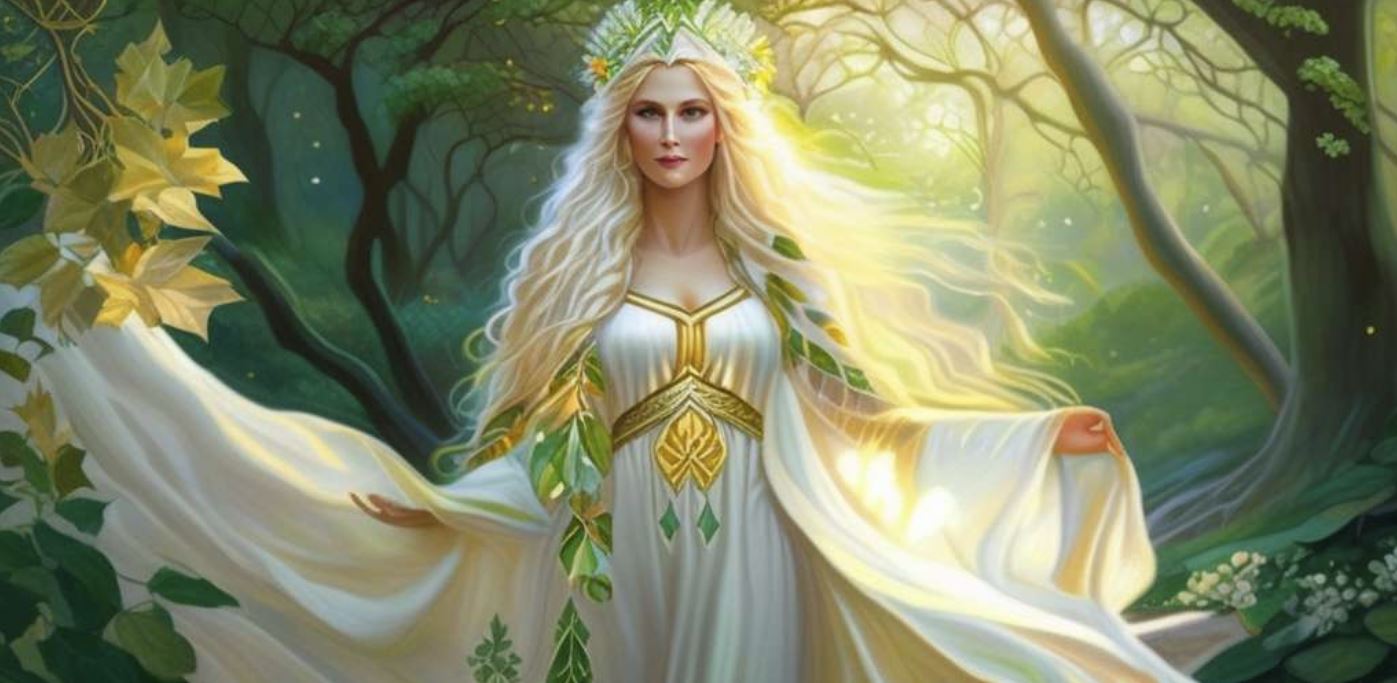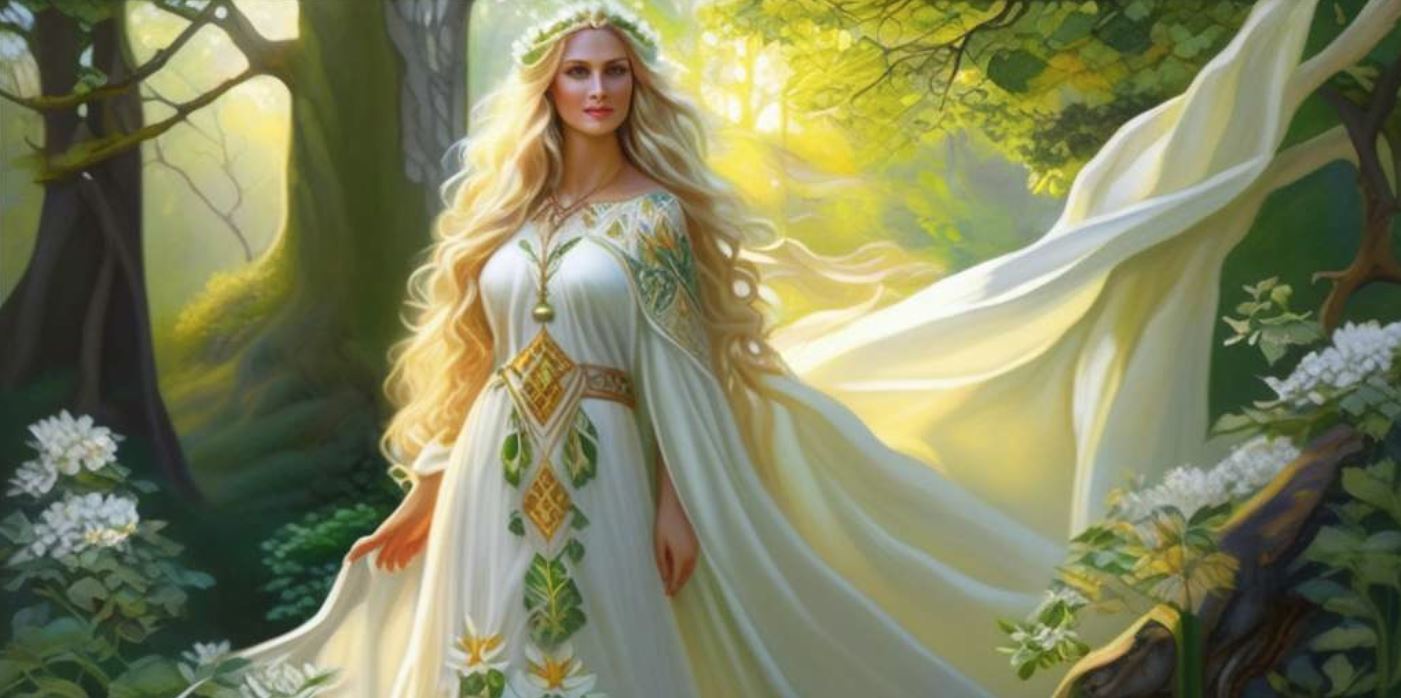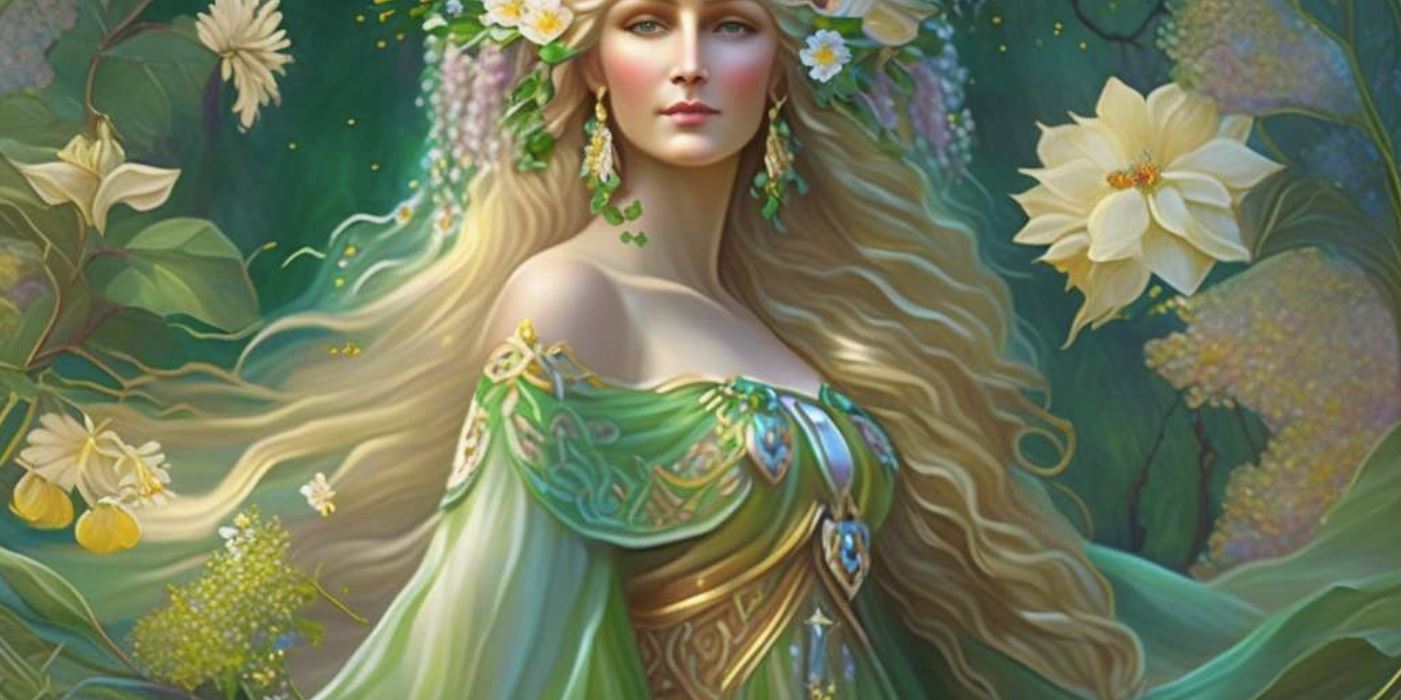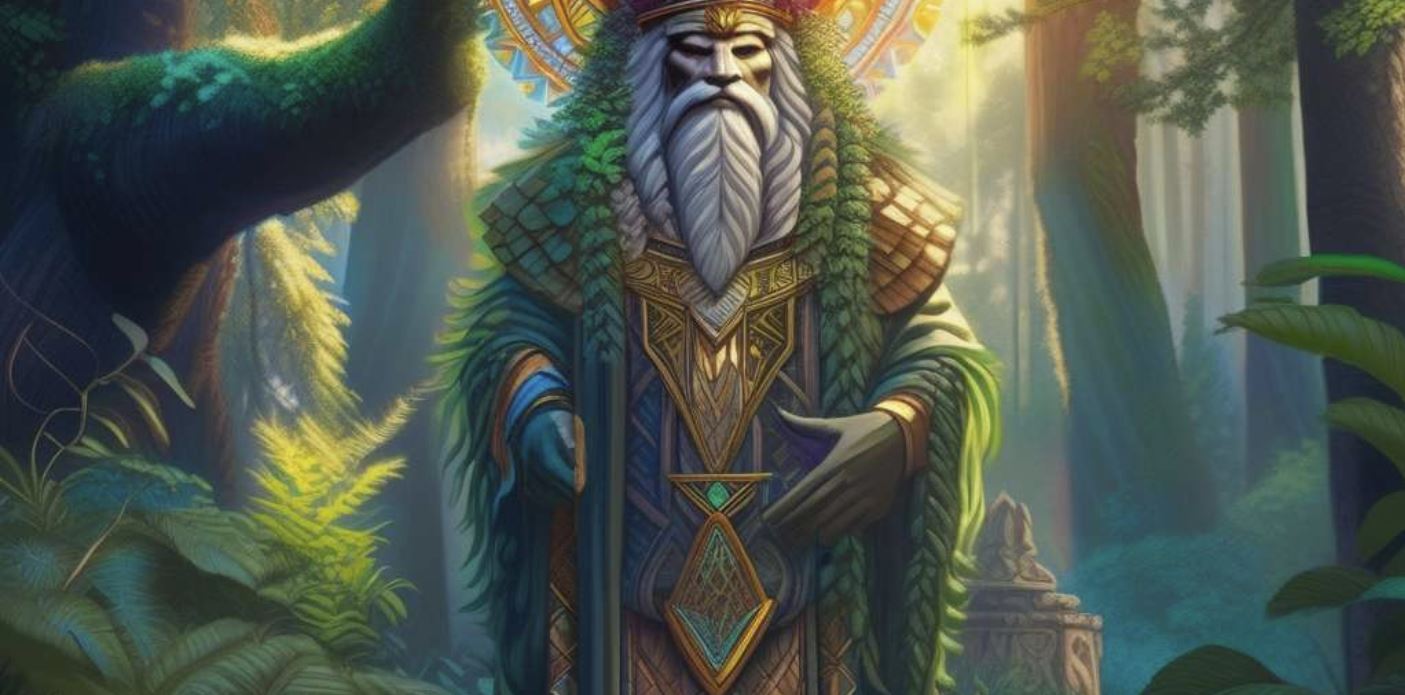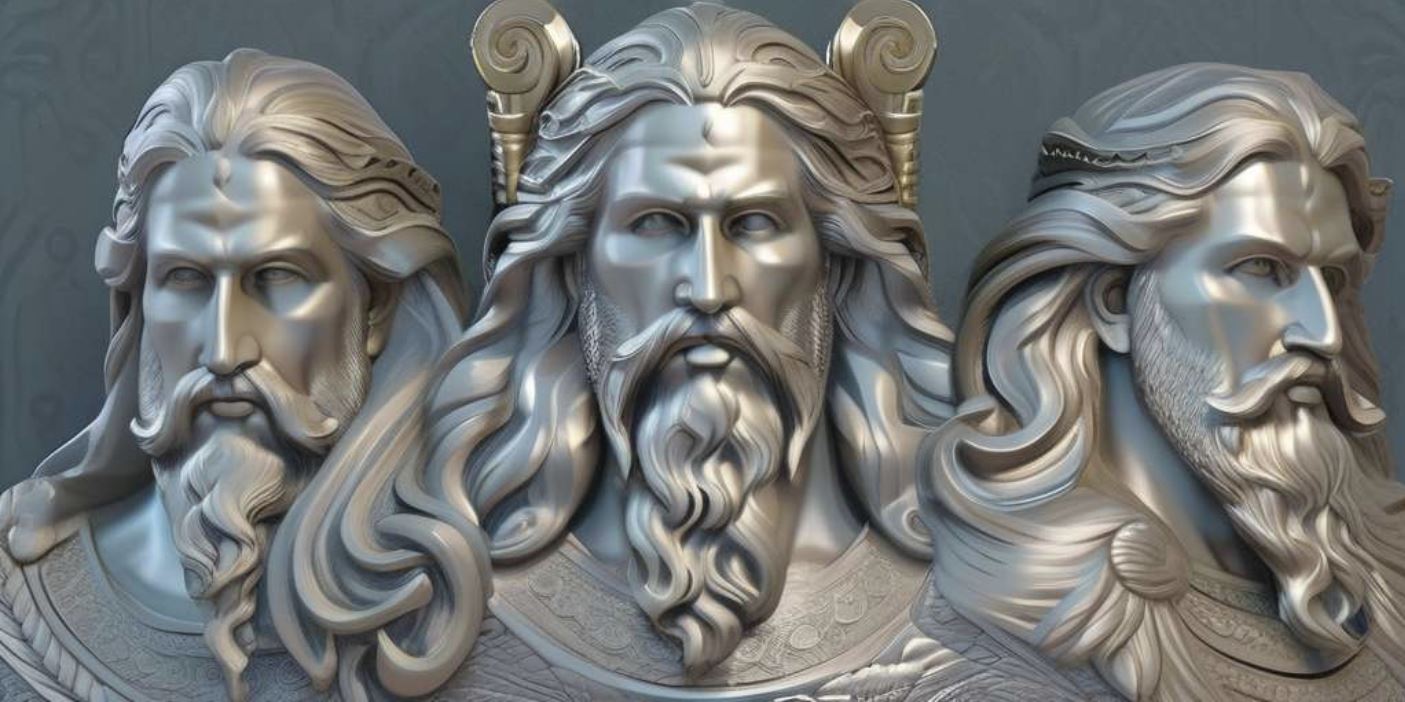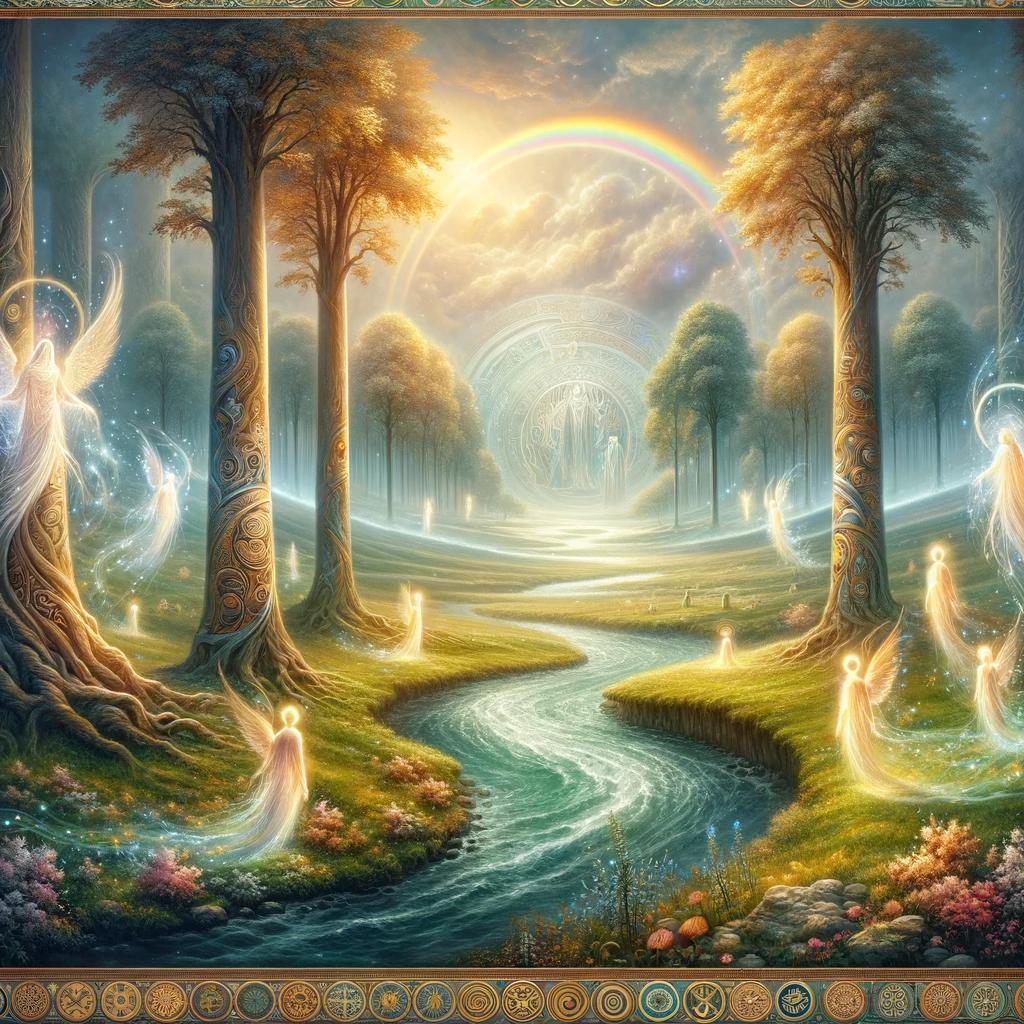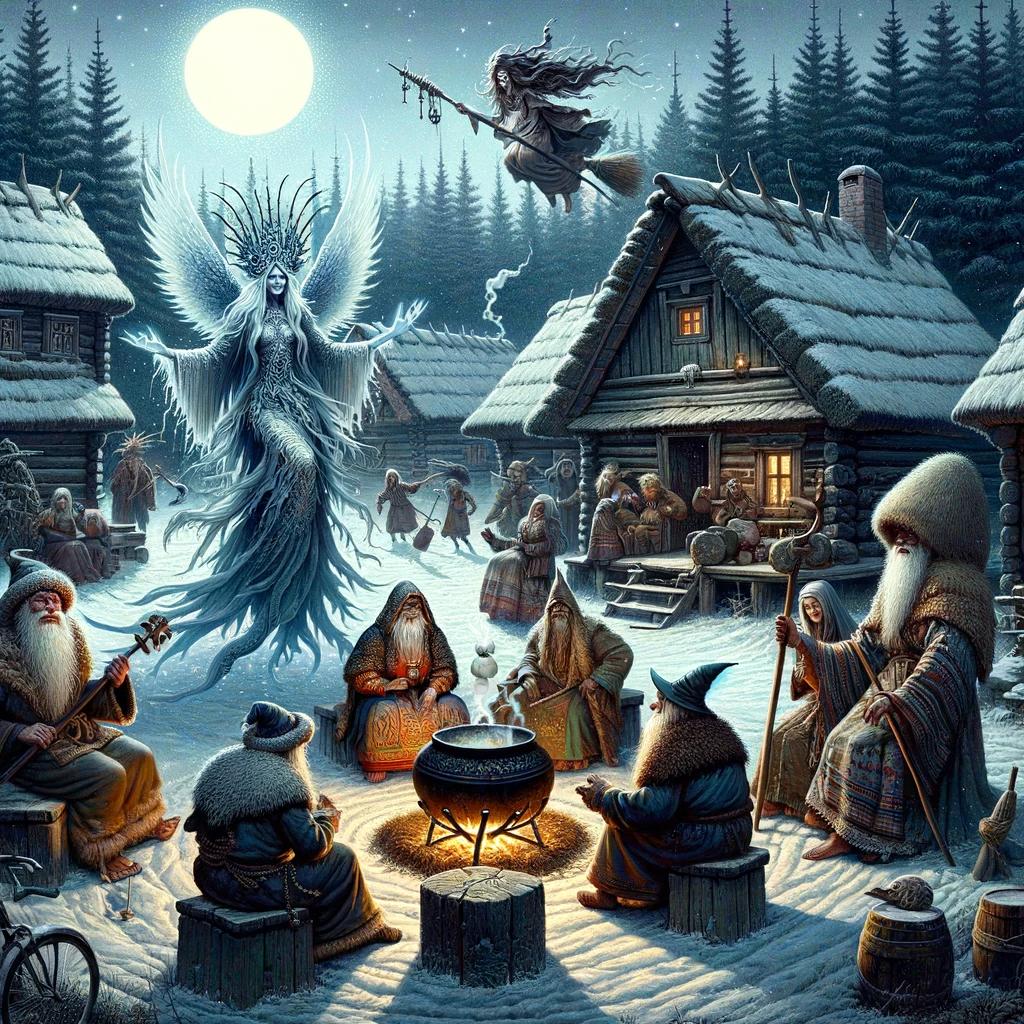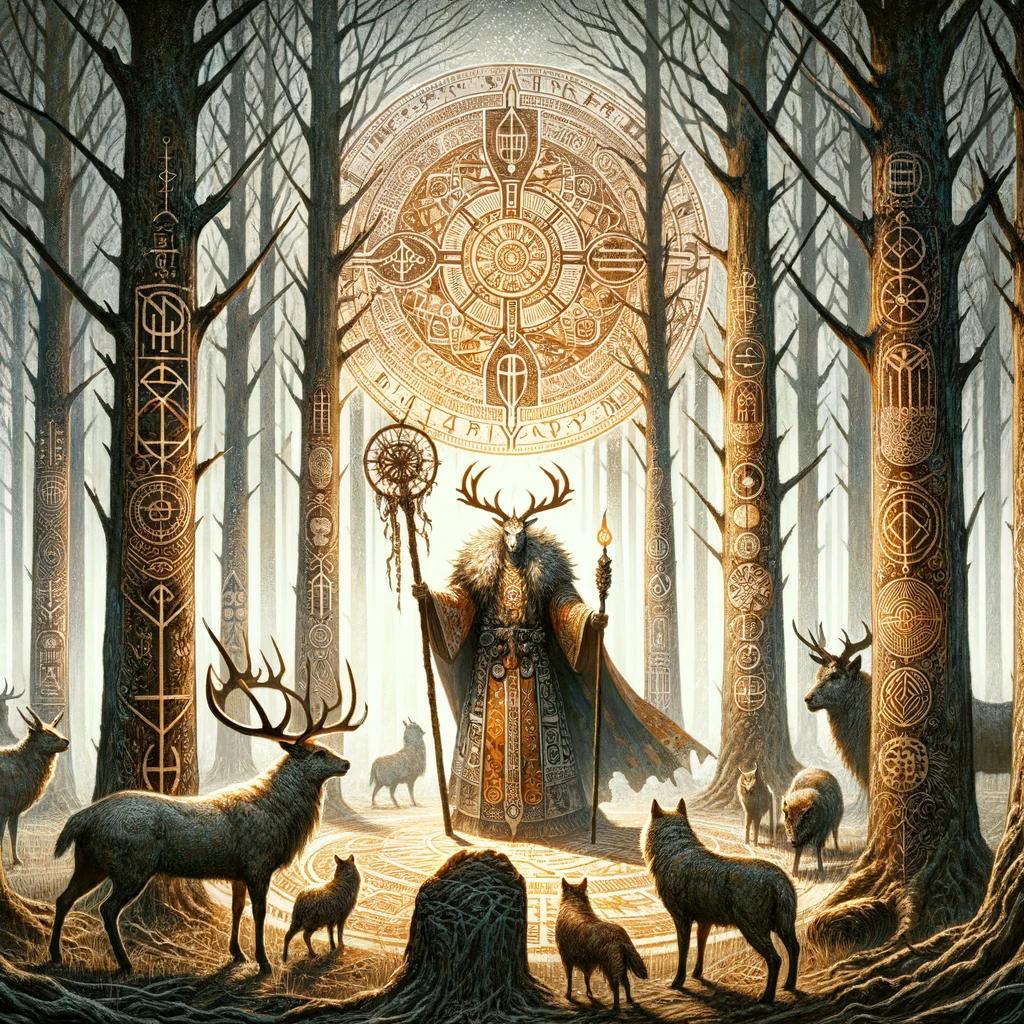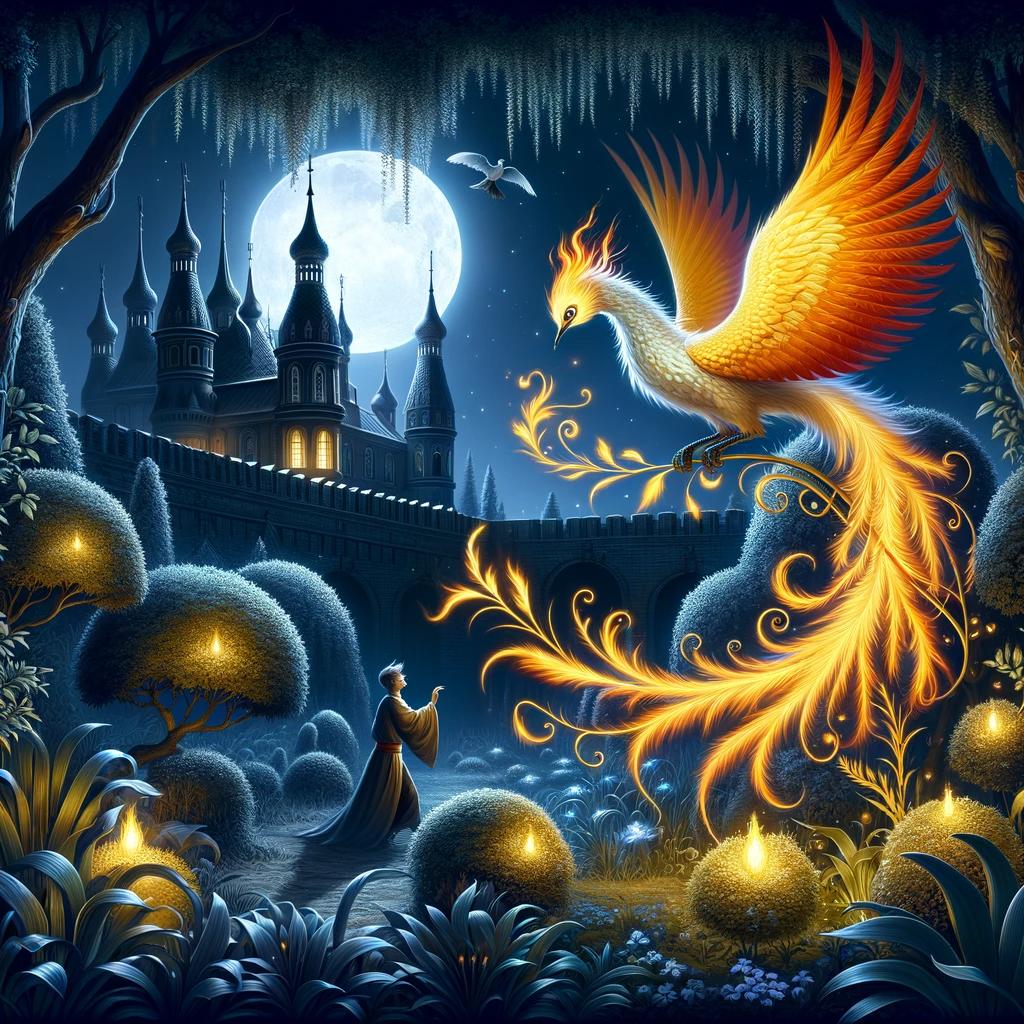Lada Slavic Goddess: Unveiling the Divine Power and Essence
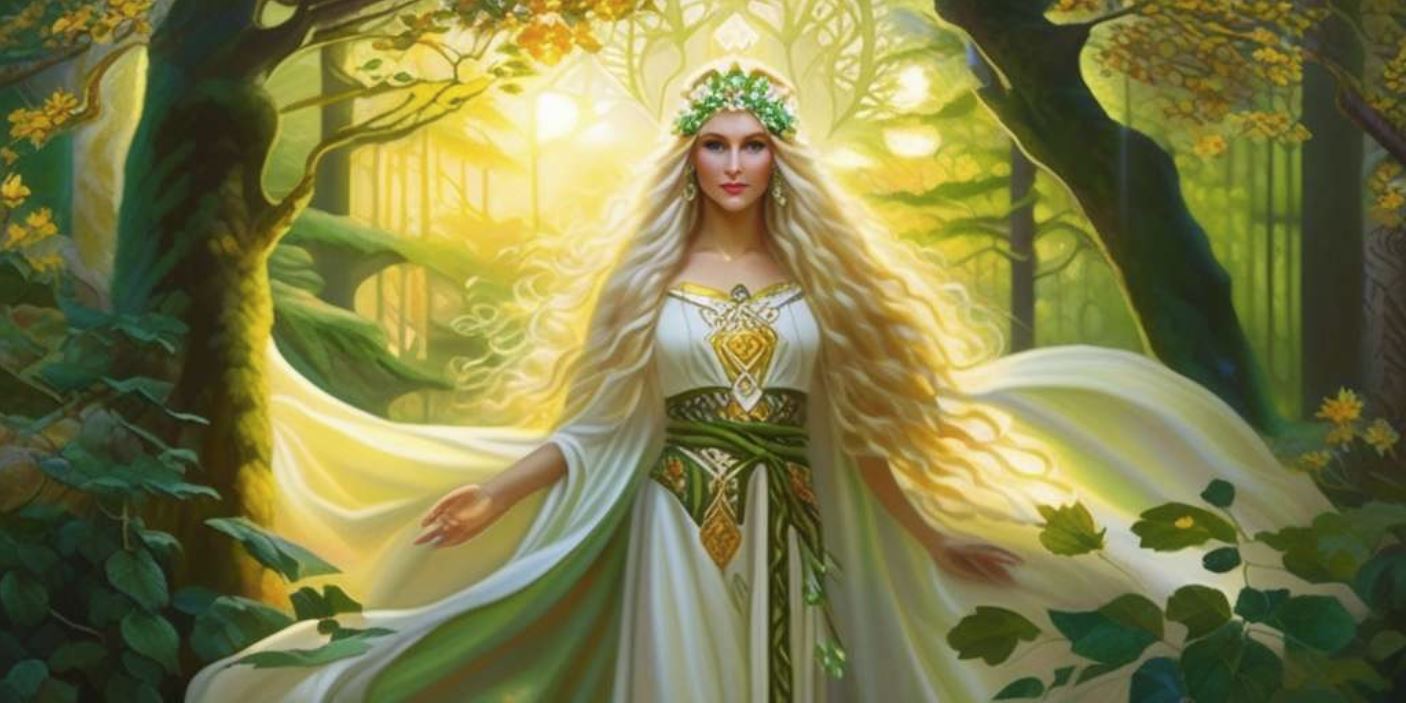
The Slavic goddess Lada holds a significant place in ancient Slavic mythology and culture. With divine powers and responsibilities, she is revered and symbolized in folklore, songs, and rituals.
This article delves into the origins, role, and influence of Lada, exploring her name’s linguistic origins and enduring impact on Slavic traditions. As we uncover Lada’s legacy, we aim to perpetuate the worship of this powerful goddess for future generations, preserving her significance in modern Slavic culture.
The Origins of Lada: Unveiling the Slavic Goddess
Deeply rooted in the ancient Slavic culture, Lada, the Slavic goddess, holds a significant place in mythology and folklore.
Her origins trace back to the dawn of time, interwoven with the rich tapestry of Slavic beliefs and traditions.
Ancient Slavic Mythology and Deities
In ancient Slavic mythology, a pantheon of deities existed, each with their unique powers and purposes. Among them, Lada emerged as a goddess associated with fertility, beauty, and love. She personified the life-giving forces of nature and the bountiful abundance it bestowed upon the Slavic people.
Within the intricate web of Slavic cosmology, Lada held a prominent position alongside other revered gods and goddesses. The collective worship of these deities played a vital role in the spiritual lives of the Slavic communities, shaping their beliefs and rituals.
Exploring the Significance of Lada in Slavic Culture
Lada’s significance extended beyond her association with fertility and beauty. She embodied the ideals of femininity, representing the nurturing and protective qualities of motherhood. The Slavic people revered her as a guardian and protector, seeking her blessings for a prosperous and harmonious life.
Throughout history, Lada’s influence permeated various aspects of Slavic culture, from art and literature to traditional celebrations and customs. Her presence manifested in songs, dances, and rituals that honored her divine existence.
The enduring worship of Lada symbolized the deep-rooted connection between the Slavic people and their ancestral heritage.
Additionally, folklore and songs often describe her in rich detail, encapsulating her attributes and the reverence she commands among the Slavic people.
Her powers range from fertility and love to beauty and abundance, making her an integral part of Slavic culture and traditions. Through symbolism and representations, Lada’s essence and significance are captured, ensuring her legacy endures for generations to come.
Legendary Tales and Folklore Featuring Lada
From rural villages to grand palaces, Lada’s influence permeates the collective imagination of Slavic communities.
From ancient chants to contemporary ballads, songs dedicated to Lada continue to celebrate her majesty and eternal grace.
Notable songs dedicated to Lada include:
- “Lada’s Call”: A hauntingly beautiful melody that invokes Lada’s presence and calls upon her blessings for love and prosperity.
- “Dance of the Goddess”: A lively and enchanting tune that celebrates Lada’s role as the embodiment of beauty and fertility, encouraging people to embrace joy and abundance in their lives.
- “Lada’s Lament”: A poignant ballad that portrays Lada’s longing for the well-being and happiness of her worshippers, urging them to cherish the interconnectedness of all living beings.
Through their captivating lyrics and melodies, these songs ensure that Lada’s influence endures, captivating hearts and minds with her divine presence.
These cultural events serve to honor and pay homage to Lada, reinforcing the deep-rooted reverence for this divine figure within Slavic communities.
Individuals partake in dances and songs that showcase Lada’s significance in their cultural fabric. These vibrant festivities not only serve as a means of connecting with Slavic traditions but also foster a sense of unity and pride among participants.
Moreover, Lada’s influence extends beyond art and literature. Her divine qualities have permeated various aspects of society, from personal beliefs to social customs.
The goddess’s enduring impact on Slavic traditions highlights the profound significance she holds and the enduring reverence bestowed upon her by the people who uphold her worship.
The linguistic origins of Lada’s name can be traced back to ancient Slavic roots. Derived from the Proto-Slavic word “ladъ,” meaning harmony, beauty, and order, Lada embodies these qualities in her divine persona.
Some scholars assert that her name represents the sun, associating her with warmth, light, and fertility. Others propose that Lada’s name embodies the concept of love and desire, evoking passion and devotion.
Lada’s Name in Modern Context: Perception and Significance
Her name often evokes images of a benevolent deity linked closely to nature, beauty, and abundance.
Moreover, Lada’s name often carries connotations of feminine power and strength, representing the epitome of femininity within Slavic culture.
The perception and significance of Lada’s name have evolved over time, adapting to modern interpretations.
- The linguistic origins of Lada’s name lie in the Proto-Slavic word “ladъ,” meaning harmony, beauty, and order.
- Lada’s name shares etymological connections with the Indo-European word “lady,” signifying a noble woman.
- Interpretations of Lada’s name range from representing the sun to embodying the concept of love and desire.
- In the modern context, Lada’s name continues to evoke images of a benevolent deity linked to nature, beauty, and abundance.
- Lada’s name carries connotations of feminine power, strength, and the divine connection between humans and nature.
- Lada’s name is embraced by contemporary Slavic communities, representing their cultural identity and spiritual beliefs.
The Legacy of Lada: Perpetuating Slavic Goddess for Future Generations
The divine presence of Lada, the Slavic goddess, has left an indelible impact on Slavic mythology and culture, maintaining its significance throughout the ages.
Her enduring influence embodies the essence of Slavic traditions and beliefs, serving as a guiding force for generations to come.
Lada’s divine presence resonates in the depths of Slavic mythology, intertwining with the fabric of ancient beliefs.
From the earliest tales of creation to the most celebrated legends, Lada’s influence is evident in every aspect of Slavic mythology. Her portrayal as a mother goddess, protecting and nurturing her devotees, exemplifies the vital role she plays in shaping Slavic religious practices.
Although the world has changed since the ancient times, the worship of Lada continues to thrive in the modern Slavic culture. Festivals, celebrations, and rituals dedicated to Lada offer a glimpse into the roots of Slavic traditions, fostering a sense of unity and collective identity.
Lada’s worship has evolved over time, adapting to the changing society while retaining its core essence. Through innovative approaches and creative interpretations, Lada’s followers strive to ensure her presence remains alive and relevant in the modern world.
- Reviving age-old rituals and ceremonies associated with Lada’s worship brings a sense of connection to the ancestral past.
- Families and communities come together to perform sacred rites, honoring Lada and seeking her blessings for prosperity and harmony.
- Through these revivals, the teachings and wisdom embedded in the rituals are passed down to future generations, preserving Lada’s legacy.
Artistic Expression and Cultural Representations
- Artists across various mediums embrace Lada’s imagery and symbolism to express their devotion and explore the depths of Slavic mythology.
- Literature, paintings, sculptures, and music serve as channels through which Lada’s essence is beautifully captured and shared.
- These artistic representations not only celebrate the goddess but also inspire others to delve into her stories, keeping the spirit of Lada alive.
In conclusion, the legacy of Lada, the Slavic goddess, endures through the ages, shaping Slavic mythology and culture.
By perpetuating her worship and preserving her traditions, Lada’s profound influence resonates with Slavic communities, ensuring the divine presence of this revered goddess is cherished by future generations……………..

